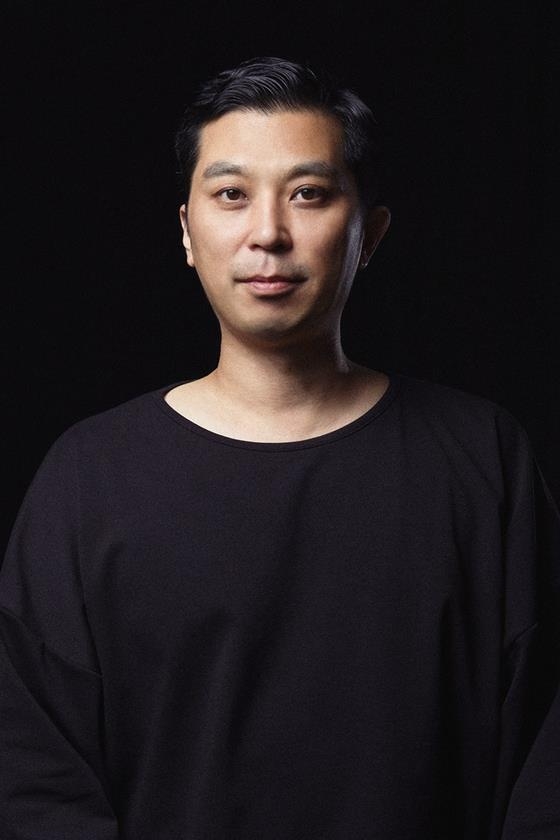- California Assembly OKs highest minimum wage in nation
- S. Korea unveils first graphic cigarette warnings
- US joins with South Korea, Japan in bid to deter North Korea
- LPGA golfer Chun In-gee finally back in action
- S. Korea won’t be top seed in final World Cup qualification round
- US men’s soccer misses 2nd straight Olympics
- US back on track in qualifying with 4-0 win over Guatemala
- High-intensity workout injuries spawn cottage industry
- CDC expands range of Zika mosquitoes into parts of Northeast
- Who knew? ‘The Walking Dead’ is helping families connect
Director Lee Eung-bok reflects on ‘Sweet Home’ success, legacy
Being one of the trailblazers in the new creature genre, which had been rarely explored in South Korea’s drama industry, was both terrifying and rewarding, the director of Netflix’s Korean original monster series “Sweet Home” said Thursday.
“Not long into the production of the series, some key staff members suggested, ‘We haven’t spent much money yet, so why don’t we drop it now?’,” Lee Eung-bok recalled during an interview with local reporters, explaining how scary and daunting the process of making the series felt.
“Because the project started with such fears, I never expected it to receive this much attention,” he continued. “I thought we’d quietly give it a try and end it.”
Lee has gained recognition for directing several hit TV series, including “Descendants of the Sun” (2016), “Guardian: The Lonely and Great God” (2016-2017) and “Mr. Sunshine” (2018).
Lee and his team faced many struggles with the “Sweet Home” series. “There were various trials and errors along the way, but we also found joy in accomplishing new things and overcoming challenges.”

Based on Naver’s webtoon of the same name, “Sweet Home” was first released in December 2020, centering on the struggles of the main protagonist, Cha Hyun-soo, played by Song Kang, and other survivors of the mysterious “infection” that transforms people into monsters in the Green Home.
Its dark post-apocalyptic narrative, fantastical elements and graphic violence, supported by a strong ensemble cast, captivated audiences.
It soon became an instant hit worldwide, emerging as the first Korean TV series to enter the top 10 on Netflix in the United States, and served as the first example demonstrating that a Korean-made creature feature could gain international recognition.
Encouraged by the global success of Season 1, Netflix confirmed in June 2022 the simultaneous production of the second and third seasons, with Season 2 released in December last year and Season 3 premiering last week.

The director expressed his gratitude for being able to reach Season 3, regardless of the show’s performance. Seasons 2 and 3 received less enthusiastic responses from global audiences compared to the first season, as they seemed to lose the tight narrative of the first season despite the significantly expanded universe.
“I don’t feel it’s unfair. I’m more surprised and grateful,” he said, addressing the criticism.
“I hope it serves as a stepping stone for Korean dramas to advance beyond ‘Sweet Home’,” he said.
The success of the “Sweet Home” series, predating the global phenomenon of “Squid Game,” contributed to the expansion of Korean content on Netflix. The show also advanced visual effects in Korean dramas, paving the way for later productions such as “Parasyte: The Grey” and “Gyeongseong Creature.”
“I’m very satisfied with what we’ve achieved and the results,” he said, adding, “I’ve recently noticed many creature genre projects are being planned. I hope ‘Sweet Home’ will be of great help to other creators as well.”











